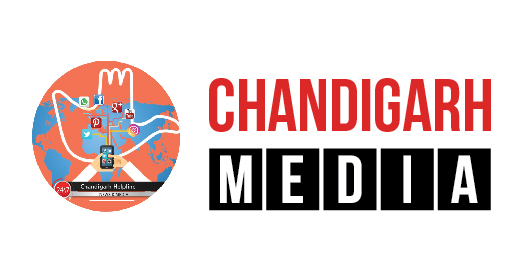Pakistan’s Nuclear Bluff Exposed: PM Shehbaz Sharif Retreats After India’s Retaliation
The long-standing tension between India and Pakistan is once again at the forefront, but this time with a shift in tone from Islamabad. For years, Pakistan has resorted to nuclear threats whenever India launched strong responses to terror activities. However, following India’s recent military retaliation named “Operation Sindoor”, Pakistan’s leadership now appears to be softening its nuclear rhetoric.
The Pahalgam Terror Attack and India’s Swift Response
On April 22, a major terrorist attack in Pahalgam, Jammu & Kashmir, shocked the nation. Several innocent civilians lost their lives in the assault. Within hours, India launched “Operation Sindoor”, a covert military strike targeting nine terrorist camps inside Pakistan and Pakistan-occupied Kashmir (PoK).
Among the key targets was Bahawalpur, a known hub of terror outfit Jaish-e-Mohammed. The Indian Army’s strike was decisive and precise, reinforcing its zero-tolerance stance against terrorism.
Pakistan’s Missile Response and India’s Preparedness
Agitated by India’s counterattack, Pakistan attempted a retaliatory move using drones and missile systems. However, India’s advanced air defence systems successfully neutralized these threats, sending a strong message: India will not just warn, but act.
This decisive action, backed by strategic clarity from New Delhi, left Pakistan scrambling diplomatically.
Nuclear Threats: A Familiar Script
Following India’s strike, Pakistan’s old script resumed—nuclear saber-rattling. Statements by senior figures including Pakistan’s Defence Minister and former ISI chief Javed Ashraf Qazi made headlines, warning of a catastrophic war if India continued with such operations.
Qazi even cited the Hiroshima-Nagasaki bombings, saying, “Two bombs forced Japan to surrender; we have more than that.” The aim: to portray Pakistan as a nuclear power ready to escalate at will.
The Strategy of Nuclear Blackmail
This is not new. Nuclear blackmail has long been a pillar of Pakistan’s defence and foreign policy narrative. Whenever India ups the ante against terrorism, Islamabad tries to draw international attention by invoking the threat of nuclear escalation.
But this time, India did not budge. Prime Minister Narendra Modi clearly stated that any attack from across the border would be treated as a direct assault on India’s sovereignty, and would be met with appropriate force—not just diplomatically, but militarily.
PM Shehbaz Sharif Backtracks Publicly
As the world watched closely, Pakistan’s tone shifted drastically. Speaking at a public event, Prime Minister Shehbaz Sharif acknowledged that Pakistan’s nuclear program is meant purely for self-defence and peacekeeping.
“Our nuclear program is safe and peaceful. It is not aimed at threatening any nation, but at protecting our national interests,” said Sharif.
This marks a significant walk-back from aggressive nuclear posturing, possibly influenced by India’s military resolve and international pressure.
India’s Message: No Tolerance for Proxy Wars
India’s posture in this situation has been unambiguous. Through “Operation Sindoor” and its diplomatic messaging, New Delhi has reiterated that proxy wars and terror attacks will no longer be treated as isolated incidents.
India’s response reflects a new strategic doctrine—combining military precision, diplomatic assertion, and global engagement. Pakistan’s bluff has not only been called but exposed.
Global Perception: Pakistan’s Nuclear Image Weakens
International observers have long questioned the credibility of Pakistan’s nuclear threats. This latest episode has further eroded that image. While India demonstrated restraint and professionalism, Pakistan’s belligerent statements fell flat, especially after its own Prime Minister toned down the rhetoric.
In the eyes of the global community, India now stands as a responsible regional power responding firmly to terrorism, while Pakistan appears as a state hiding behind its nuclear arsenal to justify inaction against extremist groups.


